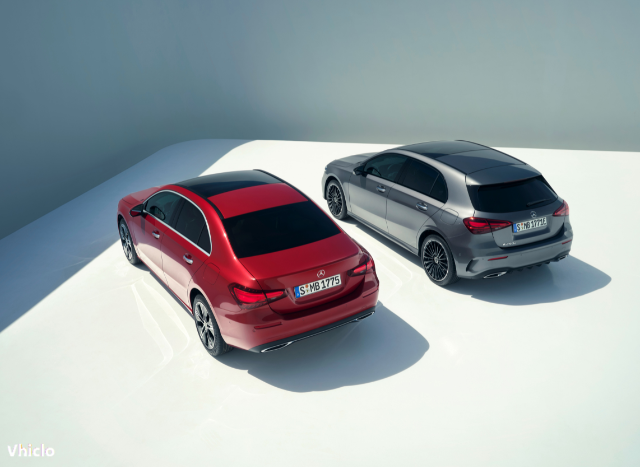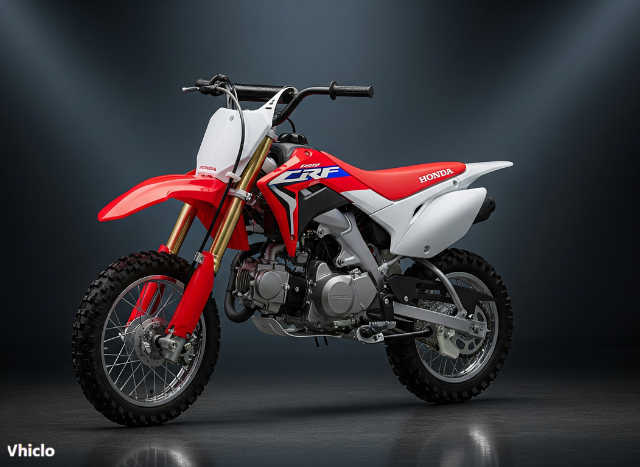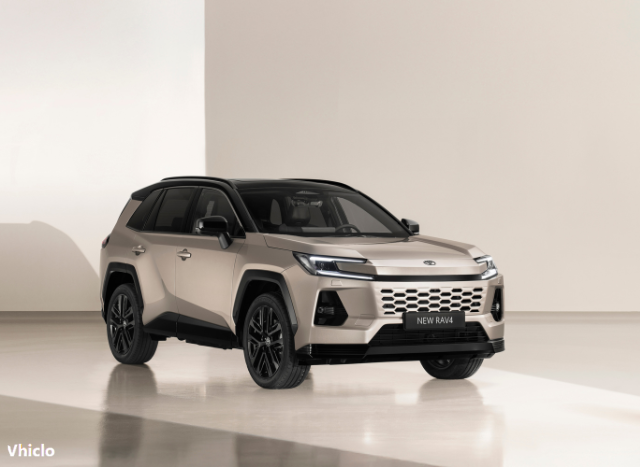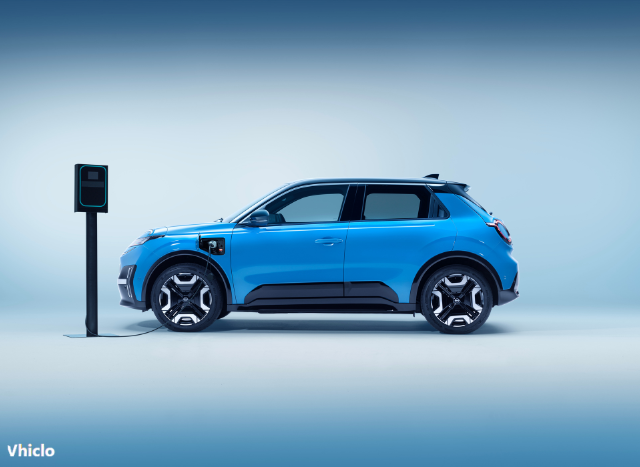Mercedes-Benz is doubling down on a sustainable future with a substantial update to its environmental, social, and corporate governance goals. The highlight of its 2025 Sustainability Update is the debut of the all-new electric CLA, symbolizing the brand’s journey towards climate-neutral mobility and greater circularity across its global operations.
The company reported tangible progress in several important areas, such as the reduction of carbon emissions from its own production activities by 75% in 2024, the ongoing drive for the use of renewable energies, and the lowering of energy consumption in the production of the new CLA at the Rastatt plant by 15%—as compared to the predecessor. Today, 50% of the total energy requirements at Mercedes-Benz factories are already covered by renewable energies.
Concurrently, the company has assessed 65% of its high-risk raw materials supply chain for human rights and environmental risks, well ahead of schedule. The proactive due diligence is part of the automaker’s larger goal to complete such assessments for 24 critical raw materials by 2028.
The new electric CLA also illustrates Mercedes-Benz’s resolve to decarbonize not only its vehicles but the entire production ecosystem. Produced in Germany using 100% green energy, the CLA sets a new benchmark of manufacturing efficiency while offering class-leading charging times and next-generation EV performance.
Ola Källenius, Chairman of the Board of Management, emphasized that the new CLA represents “the most efficient Mercedes-Benz ever built” and a tangible step towards the company’s Ambition 2039 vision of a carbon-neutral fleet.
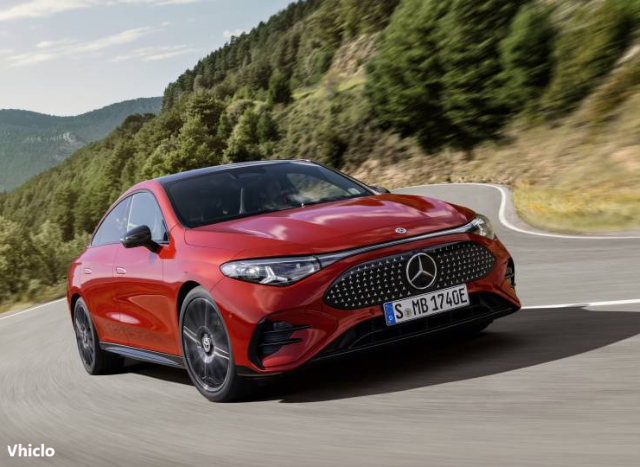
Along the workforce sustainability dimension, Mercedes-Benz and the General Works Council have agreed to extend employment guarantees at German sites until the end of 2034. This is under a wide-ranging transformation plan called “The Sustainable People Plan,” which balances cost-efficiency and social responsibility. It includes voluntary severance programs, re-skilling of the workforce through schemes like Turn2Learn, and continued investment in future-oriented workplace environments.
Mercedes-Benz’s comprehensive sustainability concept is based on six pillars: Decarbonisation, Resource Use & Circularity, Human Rights, Traffic Safety, Digital Trust, and People. The six pillars guide the company’s business activities and long-term transformation in harmony with global trends and legal demands.
Mercedes-Benz Sustainability Progress Highlights
| Area of Focus | 2024 Achievement/Update |
|---|---|
| CO₂ Emissions from Own Production | 75% reduction vs. baseline |
| Renewable Energy Usage | 50% of total energy from renewables |
| CLA Production Efficiency | 15% lower energy consumption vs. previous model |
| Raw Material Assessments | 65% of critical materials reviewed for human rights/environmental risk |
| Waste Reduction | 38% less waste for disposal vs. 2023 |
| Logistics CO₂ Reduction Target | 60% reduction by 2039 (from 2021 baseline) |
| Job Guarantee | Extended in Germany through December 2034 |
By linking business excellence to responsible behavior, Mercedes-Benz aims to cut value-chain CO₂ emissions by up to 50% this decade while continuing to lead in sustainable luxury mobility. With the electric CLA at the forefront and production factories optimized for climate goals, the automobile maker is proving that innovation, profitability, and sustainability do not have to be contradictory.
Automotive industry expert and editor of Vhiclo, specializing in car news, EV technology, and in-depth vehicle analysis. With years of experience in the field, Koutaibah provides trusted insights for enthusiasts and professionals alike.
